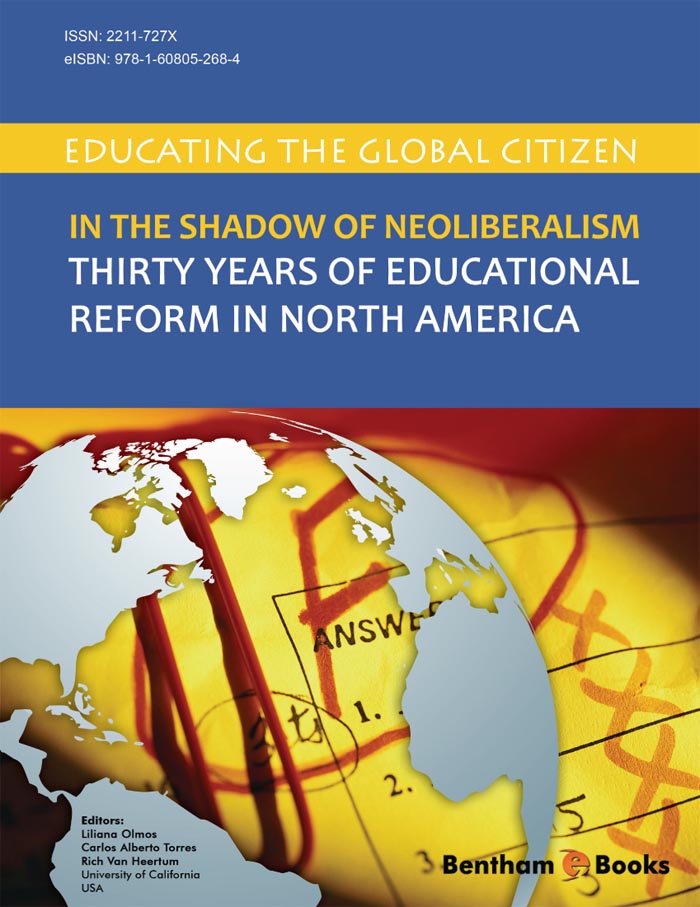Introduction
Globalization has emerged as one of the key social, political and economic forces of the twenty-first century, challenging national borders, long established institutions of governance and cultural norms and behaviors around the world. Yet how has it affected education? The series explores the complex and multivariate ways in which changing global paradigms have influenced education, democracy and citizenship from Latin America, Europe and Africa to Asia, the Middle East and North America. It seeks to unearth how these changes have manifest themselves in daily classroom experiences for teachers and administrators the world over and how recent events might influence future change.

